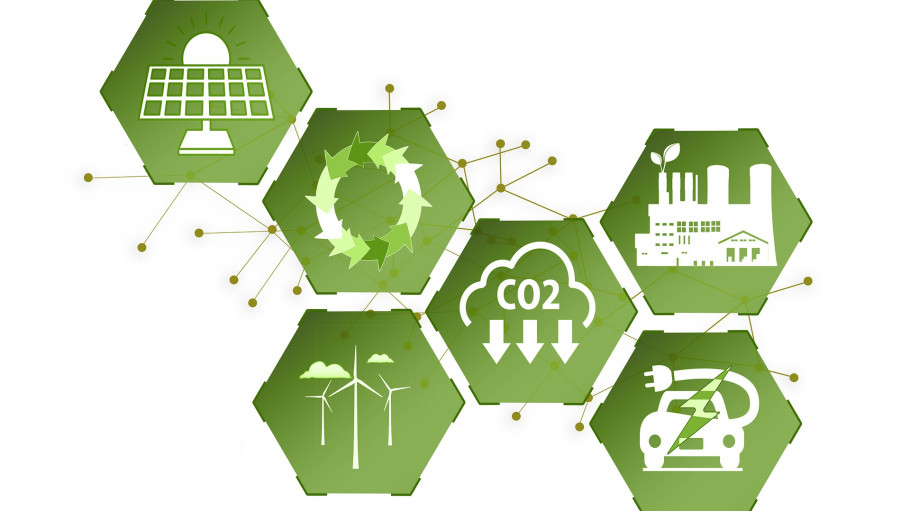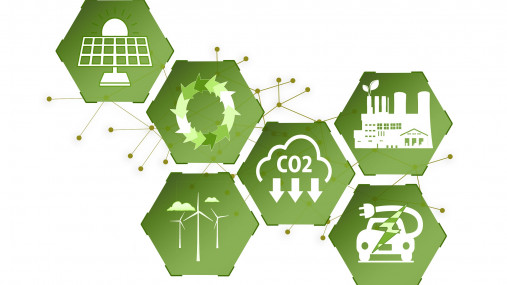
Publications » Position papers » The CBAM must be fixed and launched urgently
The CBAM must be fixed and launched urgently
Downloads and links
Recent updates

Brussels, 22 January 2025 – European steelmakers have been subject to the EU Emissions Trading System (ETS) since its inception in 2005, thus being exposed to a unilateral carbon price that has recently reached around 75€/t CO2. Meanwhile, more than 25 million tonnes of steel (around 20% of EU production) are imported annually from third countries without any carbon cost. Therefore, the planned launch of the Carbon Border Adjustment Mechanism (CBAM) in 2026 is urgently needed to prevent carbon leakage and support the European business case for steel decarbonisation investments announced in recent years.
However, the CBAM is an unprecedented, first-of-its-kind measure that entails significant risks, in particular for a complex sector like steel, characterised by numerous products used across many value chains, different production technologies with varying carbon intensities as well as global trade flows involving multiple trading partners.
Therefore, its effectiveness needs to be ensured from the outset through a watertight design. This urgently requires major improvements to the current proposal, including:
Additionally, other design elements - such as stringent default values and the free allocation adjustment - must ensure the mechanism’s environmental integrity.
Without these adjustments, the combination of CBAM and the scheduled phase-out of free allocations will fail to provide adequate protection against carbon leakage and, even further incentivise the relocation of production to third countries, affecting both steel and downstream sectors. Most importantly, these changes must be implemented still this year, well before the definitive period start in 2026.
While pursuing the effectiveness and environmental integrity of the mechanism, the administrative burden on operators should be minimised through simpler and streamlined procedures. For example:
However, simplification should not come at the expense of the CBAM’s effectiveness. For instance, a broad exemption for small companies, without linking it to the size of their consignments, would undermine the entire purpose of the mechanism.
In line with these recommendations, a more effective yet simpler CBAM is both possible and urgently needed. Delaying its implementation or launching it without the necessary improvements would further erode the competitiveness of the European steel industry. At the same time, it is important to acknowledge that the CBAM is not a silver bullet - industrial competitiveness must be mainstreamed across all policies, starting with trade and energy.

Joint Industry Statement
Brussels, 11 February 2026 - The European Steel Association (EUROFER) has backed a call to action adopted by European companies and industries in Antwerp today, which includes a demand on the EU to take urgent action to bring electricity prices down as a condition for Europe’s industrial drive, competitiveness and economic resilience.
The automotive value chain is of vital importance to the EU steel industry and requires an integrated approach to realising the decarbonisation transition in a pragmatic way.